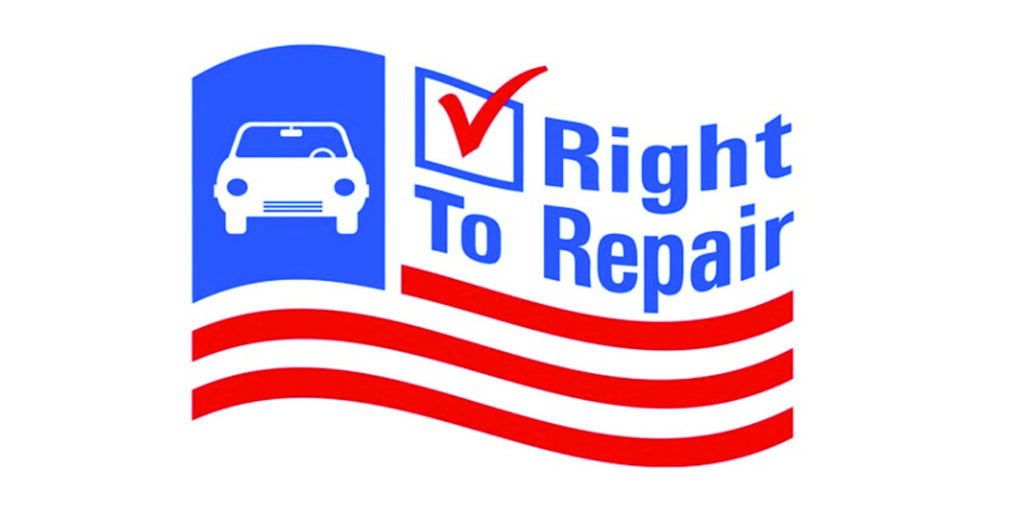RESEARCH TRIANGLE PARK, NC — The prices consumers pay for motor vehicle parts and equipment have increased very little since 1982, which has made growth in margins difficult, according to the Motor & Equipment Manufacturers Association (MEMA).
In an analysis of the Consumer Price Index (CPI) appearing in MEMA’s bimonthly newsletter Market Analysis, the index shows that prices for auto parts have grown very little in the 22 years following the resetting of the CPI in 1982.
Prices for motor vehicle parts and equipment have risen at a rate far lower than inflation and most other consumer products. While this may be good for the consumer, it is very unhealthy for the financial status of the industry, according to Frank Hampshire, MEMA director of market research.
The CPI for all products increased by 0.6 percent in May, which was 3.1 percent higher than May 2003. In the first quarter, consumer prices grew at a seasonally adjusted annual rate (SAAR) of 5.1 percent. However, the index for motor vehicle parts and equipment stood at 107.9, the same as in April and not quite 8 percent higher than in the base year 1982.
“Much of the CPI growth was due to a dramatic rise in petroleum-based energy prices, which climbed at 82.5 percent SAAR,” Hampshire noted.
Paul Foley, vice president of MEMA’s Automotive Aftermarket Suppliers Association, noted that the industry is sorely lacking sophisticated and strategic, market-based pricing practices.
“For too long, the industry has concentrated its marketing on being the lowest cost supplier,” Foley said. “While being the low-cost manufacturer should be the supplier’s goal, it should be more important to build brands, provide outstanding service and high fill rates, and, of course, offer high-quality products.”
Foley added that one of the key findings of the 2003 Northwood University Graduate School’s report on inventory management noted pricing as one of the most serious problems in the aftermarket.
“The report revealed that most aftermarket companies are currently using pricing strategies based on matching or beating competitor prices or on a certain gross margin requirement,” Foley said. “Few consider the full cost of carrying a product, especially a slow-moving product, or understand the value the consumer might place on the convenience of having the product readily available. Most do not track EVA (economic value added) or ROIC (return on invested capital), returns by product, or by fast vs. slow-moving SKUs. Products are generally priced on an average, not by SKU, which ultimately leads to faster-moving SKUs subsidizing slower-moving products. Together these practices are leading to narrowing profit margins.”
“Market Analysis” examines the economy’s effect on the industry and valuable market data such as miles driven and the producer price indexes for motor vehicle parts and accessories. Subscriptions are available free to member companies of MEMA and its market segment associations. Nonmember companies can subscribe for $150 per year. For more information, e-mail [email protected].
For more information about MEMA, go to: www.mema.org.
_______________________________________
Click here to view the rest of today’s headlines.










